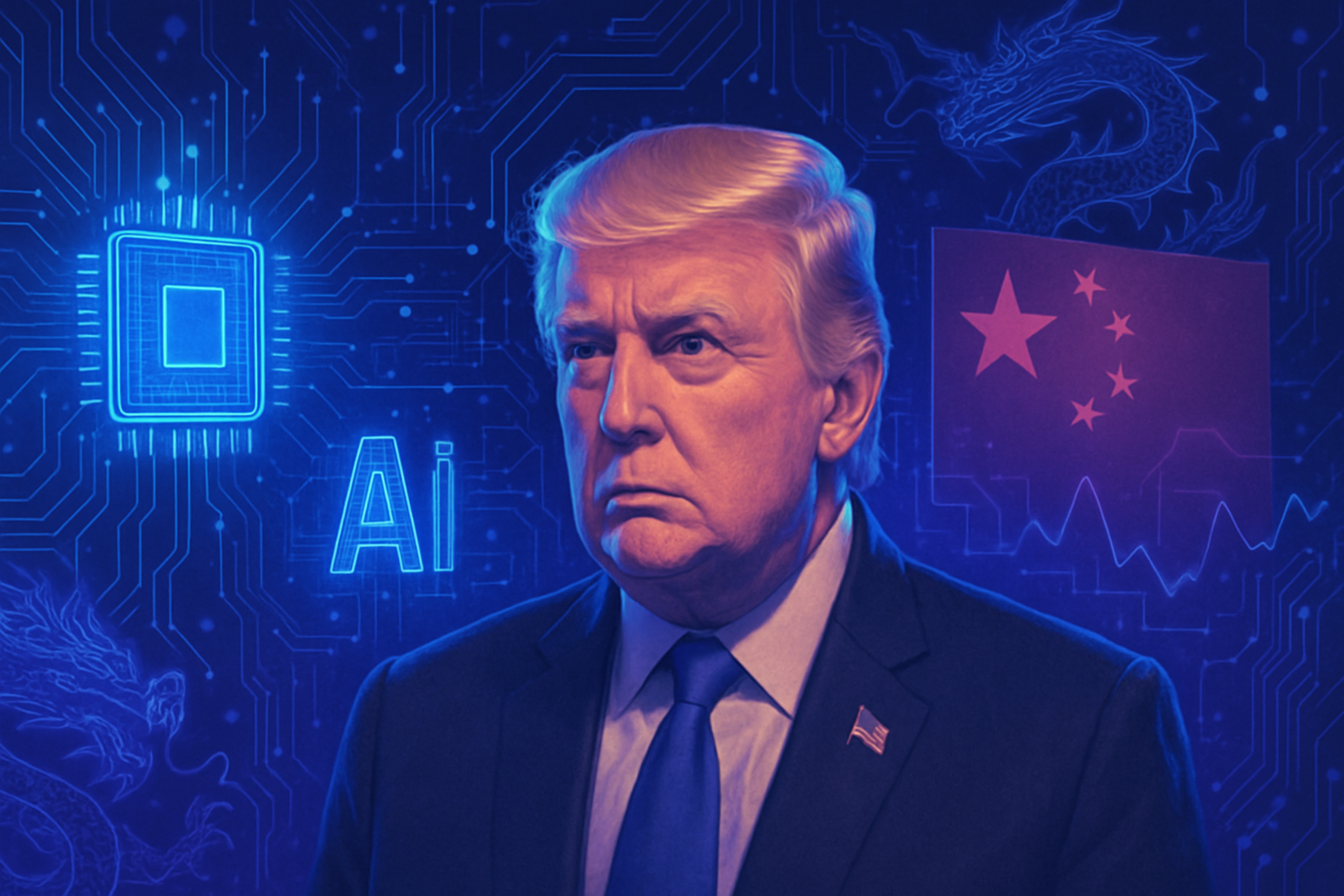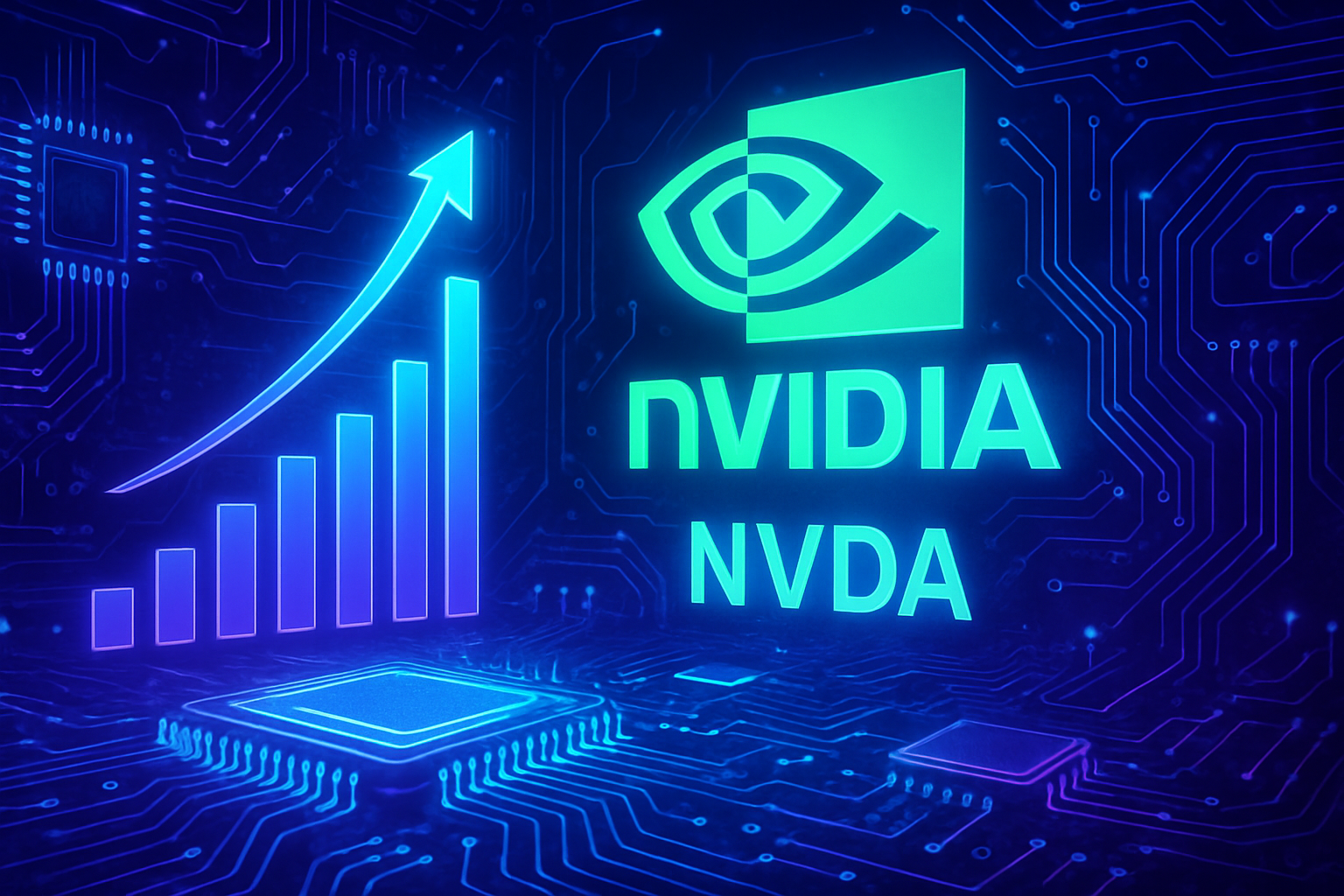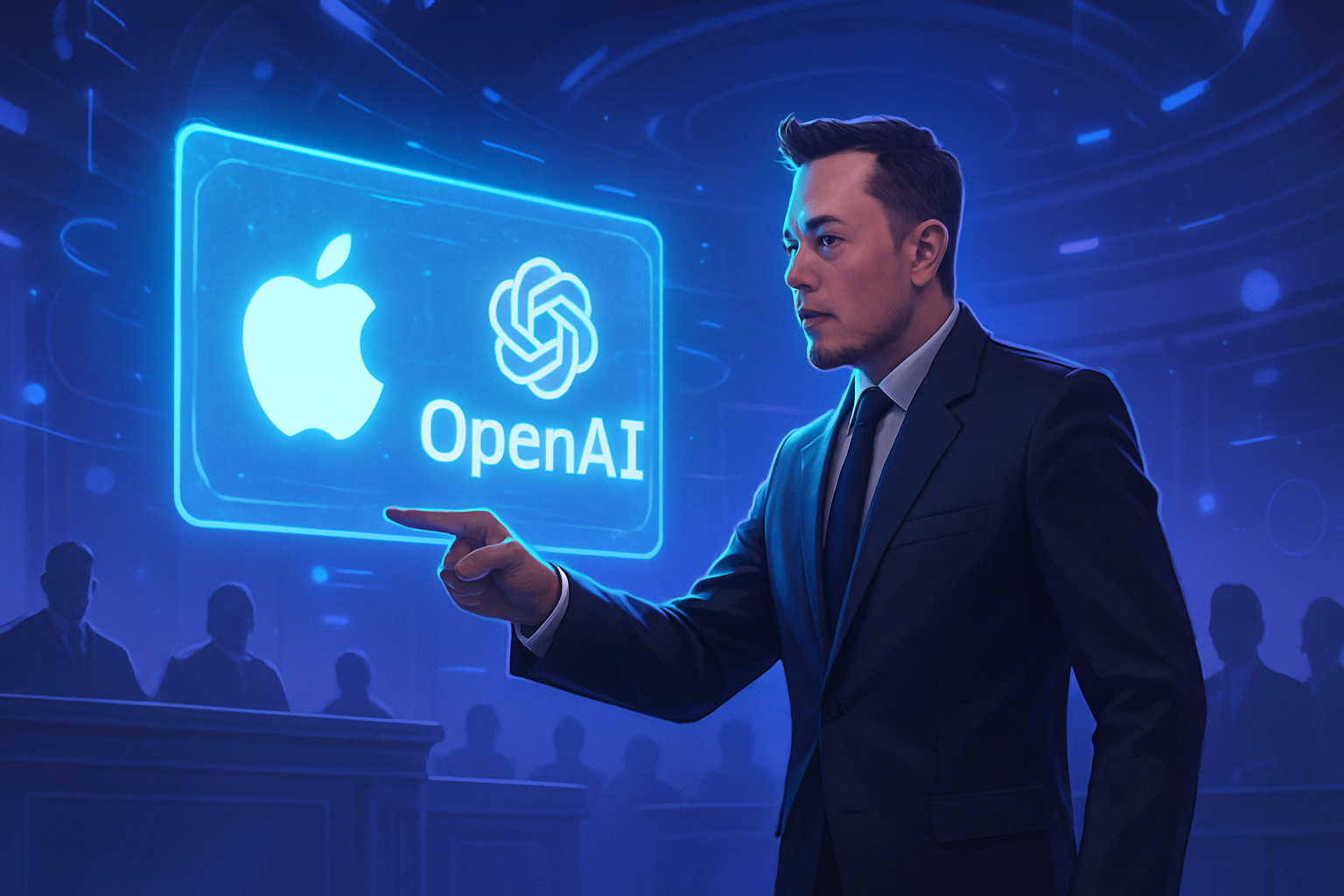Trump raises serious concerns by mentioning the potential sale of advanced AI chips from Nvidia to China. This bold move raises major ethical questions regarding the national security of the United States. The prospect of a technological transfer to Beijing provokes unprecedented alarm, highlighting the anxiety of a strategic imbalance. *The agreement reached with Nvidia, guaranteeing a percentage of profits to the United States, raises questions about the motivation behind this initiative.* The geopolitical implications could redefine the global competitive landscape, generating a vehement reaction within the American government.
Concerns Surrounding AI Chip Sales to China
Donald Trump’s recent statement regarding the sale of advanced AI chips by Nvidia to China raises growing concerns. This proposed initiative could compromise the national security of the United States by allowing Beijing access to cutting-edge technologies.
A Controversial Deal with Nvidia and AMD
During a press conference, Trump confirmed that he negotiated an unusual deal with Nvidia and AMD. This arrangement translates into export licenses for the sale of previously banned chips in China. In return, the companies would pay 15% of their revenue to the American government. Such an approach raises questions about the ethical and legal implications of what could be termed an unconstitutional tax.
The Development of a “Super Advanced” Chip
Trump mentioned a revolutionary chip from Nvidia, called Blackwell, which he refuses to negotiate for sale. He suggested that a downgraded version of this chip could be considered, potentially reduced by 30 to 50%. The implications of such a market on technological competitiveness are alarming.
The Fears of an Untimely Technological Transition
Industry analysts fear that this initiative could equip Beijing with the necessary technological tools to compete in the AI arena. The H20 and MI308 chips, recently released for sale in China, are supposed to fuel complex reasoning tasks. That said, some experts, like Harry Kresja, believe that the H20, while regarded as secondary chips, are capable of inferring data, a crucial function for advanced AI systems.
The Impact on American Technological Policy
For several years, the American government has restricted access to sensitive technologies in China for reasons of national security. Trump’s decision to facilitate the sale of these chips poses an additional challenge to the strategy of limiting technologies that could be used for military purposes.
International Reactions and Implications
The reaction from the international community has been swift. The Chinese foreign ministry has already condemned American restrictions, accusing Washington of attempting to contain the country using trade measures. Such statements reveal a growing tension between the two global powers.
The Ramifications for the Semiconductor Industry
Trump’s maneuver highlights the interaction between the government and technology companies. Thus, while encouraging companies to invest in the American manufacturing sector, Trump has also hinted at the idea of a 100% tax on the global semiconductor industry. This could encourage substantial investments, such as the recent announcement from TSMC to increase its presence in the United States.
Double Standards in Regulation
Trump expressed concerns regarding Huang’s association with Chinese companies while justifying his decision to approve exports that displease certain political factions. The contrast between his expectations of strict compliance for technology companies and the concessions made in the deal with Nvidia and AMD will be a point of contention in future discussions on technological regulation.
Upcoming Challenges for the Technology Sector
Companies may face questions regarding data security and the defense of intellectual property rights. The increasing cooperation between American companies and their Chinese counterparts, under the auspices of such sales agreements, could diminish the strategic position of the United States in the global market.
Frequently Asked Questions
What are the risks associated with the sale of advanced AI chips from Nvidia to China?
The sale of these chips may potentially allow China to access critical technologies that could be used against the interests of the United States and its allies, particularly in defense and national security matters.
Why is Trump considering easing restrictions on technology exports to China?
Trump may be seeking to favor American economic interests by allowing companies like Nvidia to sell advanced chips in exchange for a share of revenues, while hoping to stimulate investments in the United States.
What is the impact of the revenue-sharing agreement on U.S. national security?
This agreement raises concerns about China’s ability to use advanced technology to develop its military and technological capabilities, which could pose a risk to U.S. national security.
What are the recent trends regarding U.S. technology exports to China?
There has been an intensification of restrictions on exports of sensitive technologies to China, primarily for national security reasons, although some opportunistic agreements have emerged under certain administrations.
How are security experts reacting to Trump’s recent decisions regarding AI chips?
Experts express serious concerns regarding the potential of these technologies. They fear that facilitating access to advanced chips could help China compete in the field of artificial intelligence and could undermine U.S. standing in the global technology market.
Is there a historical precedent regarding the sale of advanced technologies to countries perceived as enemies?
Yes, recent history is filled with examples where the United States has restricted or prohibited the export of sensitive technologies to countries viewed as threats, including Russia and China, due to national security concerns.
What is China’s official position on these U.S. chip exports?
China has expressed its concerns regarding the restrictions imposed by the United States and accuses Washington of using technology as a means to contain its economic development.
How does Trump’s decision affect the trade relationship between the U.S. and China?
It could exacerbate existing trade tensions and influence future negotiations, as the U.S. seeks to protect its technological edge while maintaining trade relations with a major economic partner.






